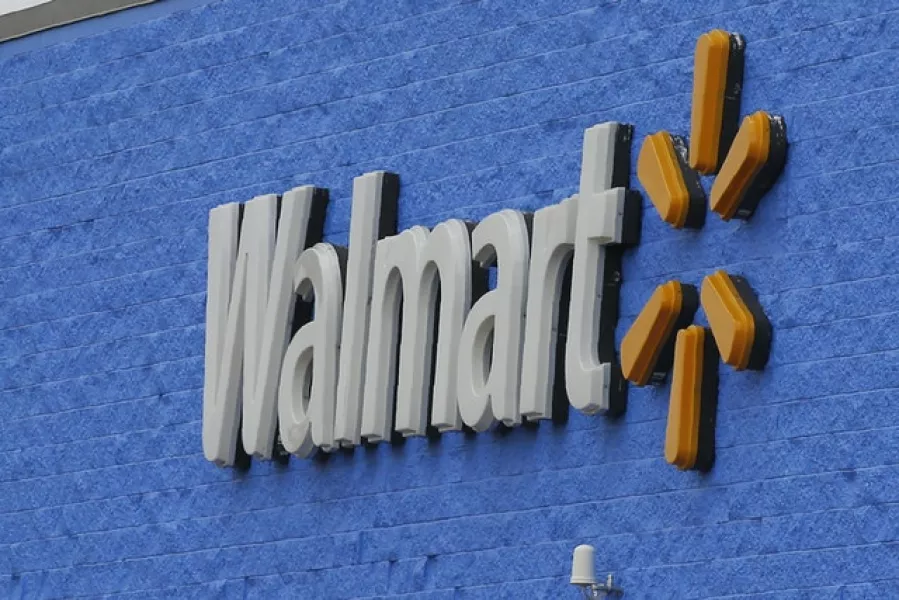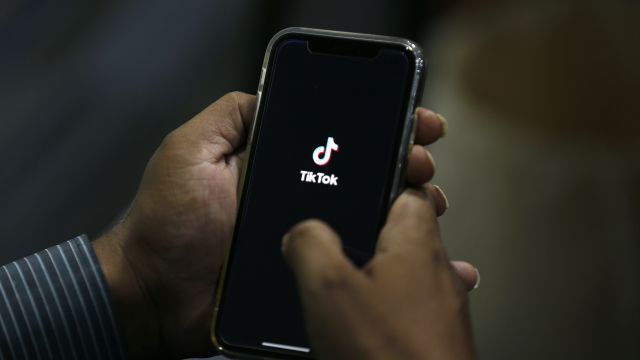TikTok, through its fun, goofy videos, has gained hundreds of millions of users globally.
But the White House is pushing TikTok’s Chinese owner ByteDance to sell its US business if it wants to keep operating in the country, citing security risks.
Walmart said in a statement that a deal with Microsoft and TikTok could help it expand its advertising business and reach more shoppers.
The Trump administration is forcing a sale of TikTok’s US operations because of its Chinese ownership and has threatened to ban the app, which TikTok says has 100 million US users.

TikTok has sued to stop the ban but not the sale order.
Microsoft has confirmed discussions with TikTok, and other tech companies such as Oracle are also reportedly interested in a possible acquisition.
Over the past year, TikTok has tried to put distance between its app and its Chinese ownership.
It installed former top Disney executive Kevin Mayer as its American CEO but he resigned on Thursday after just a few months on the job.
In a letter to employees, Mr Mayer said that his decision to leave comes after the “political environment has sharply changed”.
ByteDance launched TikTok in 2017, then bought Musical.ly, a video service popular with teens in the US and Europe, and combined the two. A twin service, Douyin, is available for Chinese users.
US authorities are concerned that TikTok would turn over user data to Chinese authorities and that it censors content that would upset China.
TikTok denies that it has shared user data with the Chinese government and would not do so if asked, nor censored videos at Chinese authorities’ request, and says it is not a national security threat.
The sale situation has been unusual, with President Donald Trump demanding payment for the US government for its part in orchestrating a deal, a step that experts say is unprecedented.
The president said on August 18 that Oracle was “a great company” that “could handle” buying TikTok. He declined to state a preference between Oracle and Microsoft as buyers.
Microsoft and Walmart are already business partners, with Microsoft providing cloud computing services that help run the retailer’s stores and online shopping. The two companies signed a five-year partnership in 2018, enabling them to join forces against rival Amazon.







